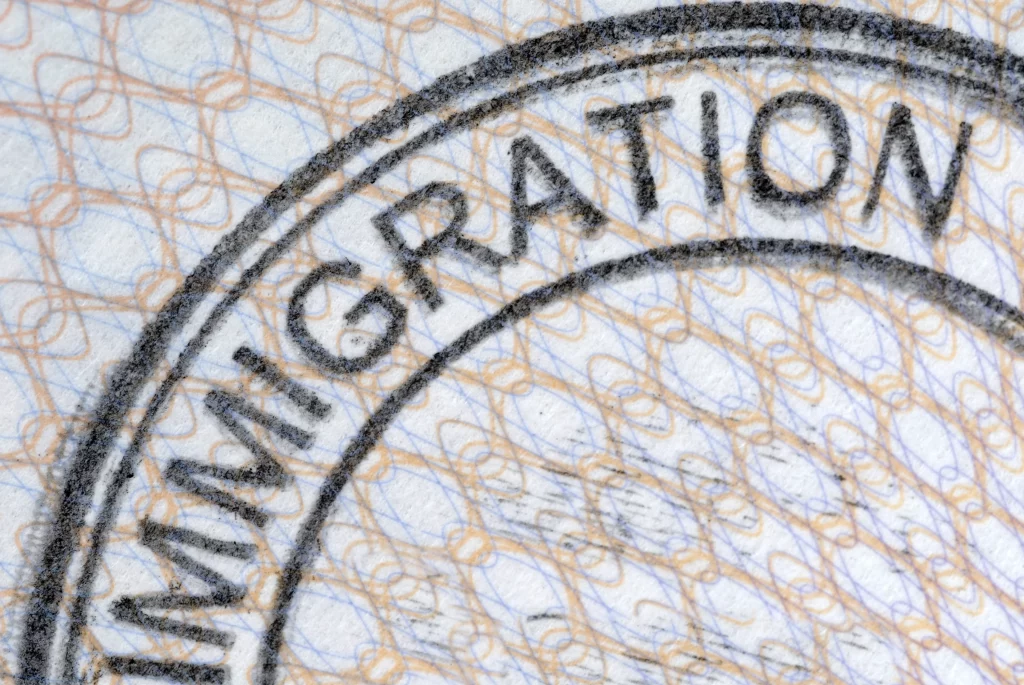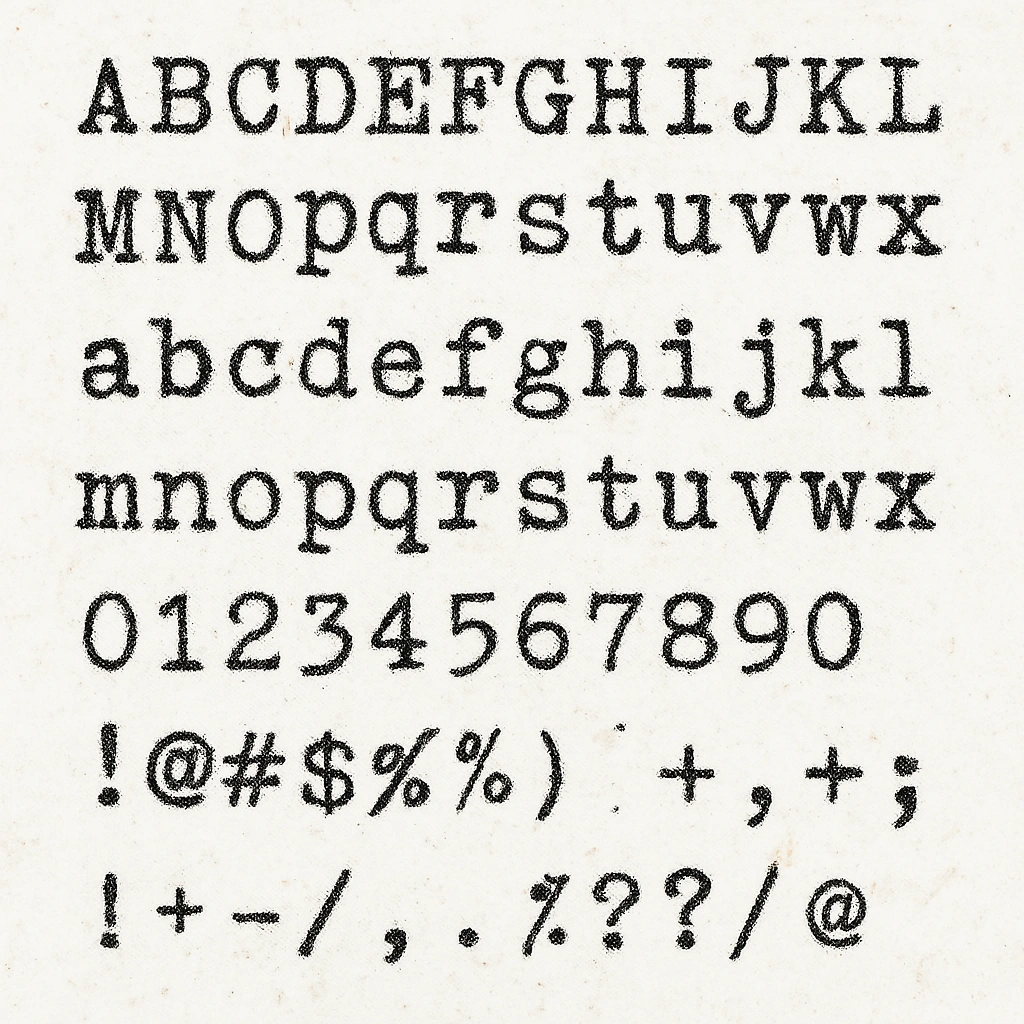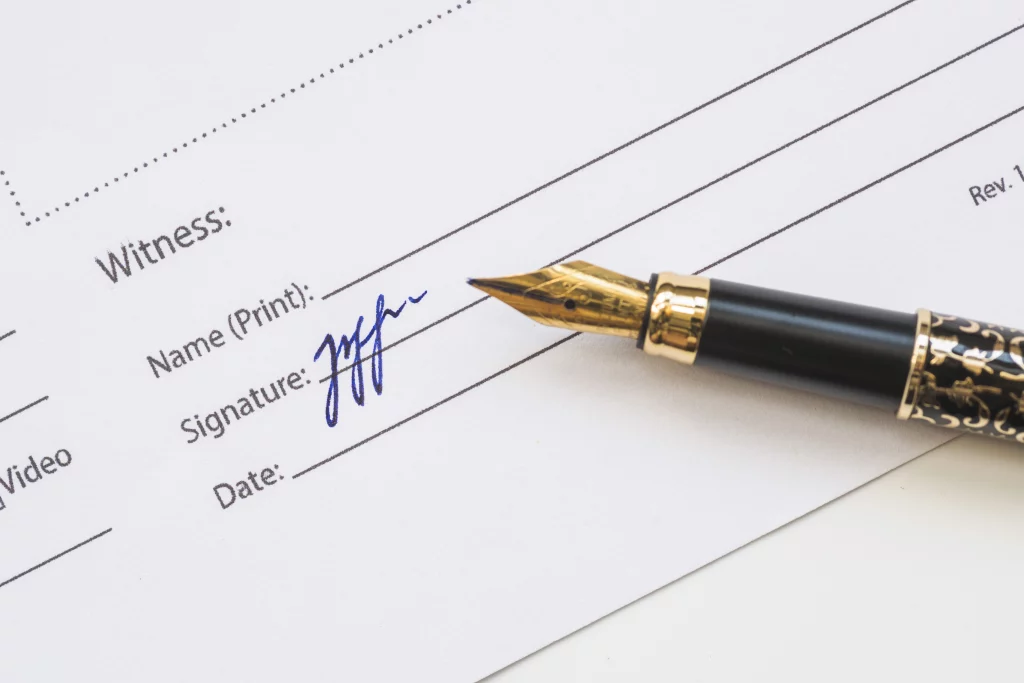Signature Examination
Verify Authenticity and Detect Forgeries with Expert Signature Analysis.
What is Signature Examination?
Signature examination is a forensic process used to determine the authenticity of a signature and to detect forgeries. This involves comparing the questioned signature with known samples of the individual’s handwriting or signature. Experts look for signs of forgery, such as differences in stroke patterns, pressure, and ink flow.
Why Choose Us
Unmatched Forensic Expertise
Recognised Court Authority
Legal-Grade Examination
How the Process Works
The process of signature examination involves a detailed analysis of the signature, comparing it with known samples to identify similarities and differences. This may include examining the pressure of pen strokes, the flow of ink, and other handwriting characteristics. Tools like stereo microscopes or video spectral comparators (VSC) may be used to aid in the analysis.
General Questions
What is signature examination in forensic document analysis?
Signature examination is the analysis of a signature to determine its authenticity and detect any signs of forgery or alteration.
How can signature examination help in legal disputes?
In legal disputes, signature examination can provide evidence to support claims or defenses related to the authenticity of a document, such as a contract or will.
What are some signs that a signature may be a forgery?
Signs that a signature may be a forgery include inconsistencies in stroke patterns, pen pressure, ink flow, and letter formation.
Acreditations
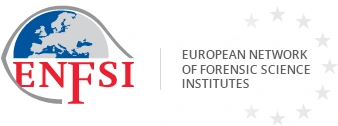
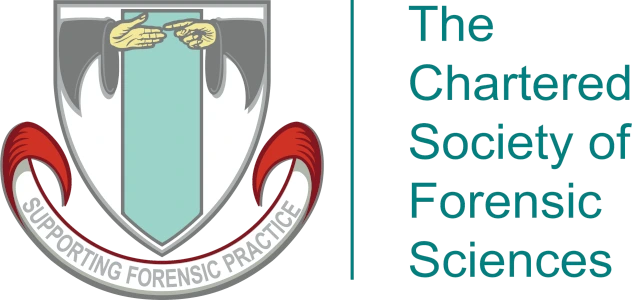
Aserve has used Forensic Docexam Ireland for years on a range of cases requiring handwriting analysis. Michael’s work is consistently excellent and ensures that reliable results are delivered for our clients. We would have no hesitation in recommending Forensic Docexam Ireland for anyone requiring handwriting analysis as the work is best in class”
Eoin Tully
CEO of Aserve Investigators Ltd
Michael was recommended to me by a retired Forensic Document Examiner I had used previously who had since retired. I have since used Michael for expert, Forensic Document Examination and Handwriting Comparison work for High Court proceedings. I found Michael to be very thorough and his expert report presented in an easy-to understand manner. It was also turned around very quickly when needed”
Gavin Simons
AMOSS LLP
I spent three years searching for a Forensic Expert in Ireland and many other countries. They all replied, but were afraid to tackle the corruption at the highest level of our society in Ireland. Michael Moore stepped up to the challenge. His work is independently fearless, professional, accurate and in my case a game changer. I sincerely thank Michael for his professional ability and independence”
Mr P. Morrissey
